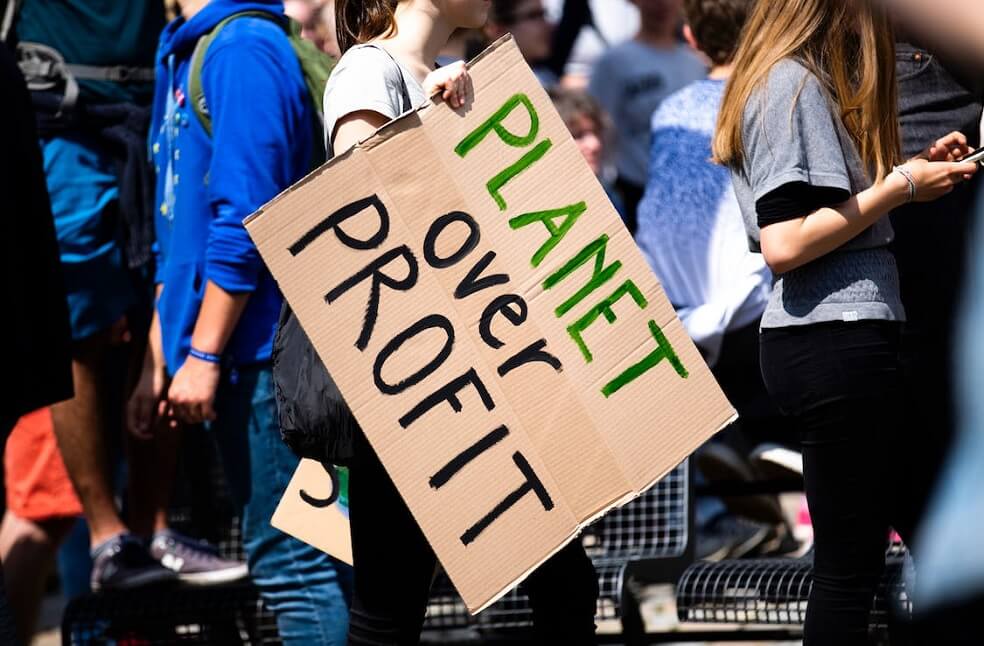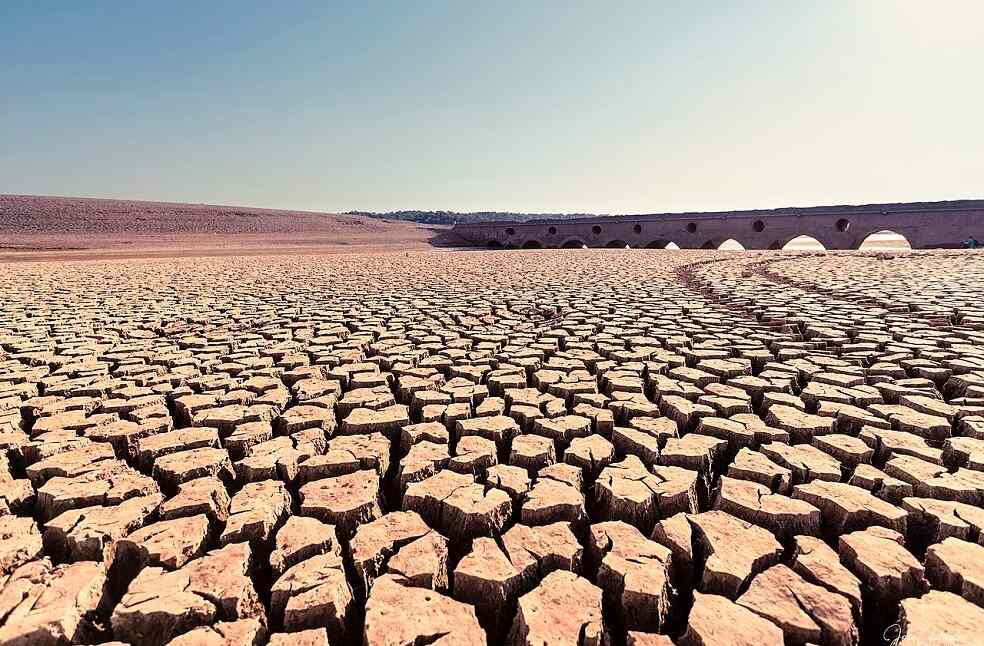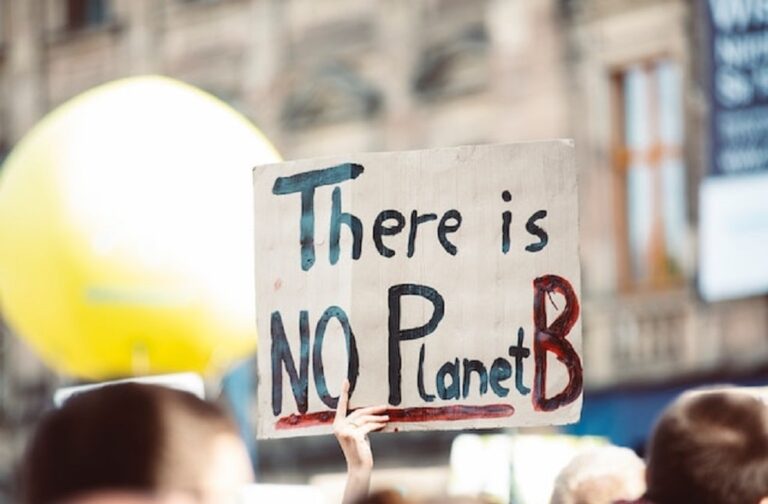Sweden: A groundbreaking analysis conducted by the Earth Commission group of scientists reveals that human activity has pushed the world into a perilous state across seven out of eight newly established indicators of planetary safety and justice. While climate disruption has received significant attention, the report published in Nature highlights additional crises faced by the planet, including water scarcity, nutrient overload, ecosystem degradation, and aerosol pollution. These threats not only undermine the stability of life-support systems but also exacerbate social inequality.
The study represents an unprecedented effort to merge indicators of planetary health with measurements of human welfare. Its objective is to serve as the scientific foundation for the next generation of sustainability targets and practices, extending beyond the current focus on climate change to encompass a broader range of environmental indices and social justice concerns.

The Earth Commission, established by numerous leading research institutions worldwide, hopes that cities and businesses will adopt these targets as a means to assess the impact of their activities.
The report outlines a series of “safe and just” benchmarks for the planet, comparable to vital signs for the human body. Instead of monitoring pulse, temperature, and blood pressure, the analysis examines indicators such as water flow, phosphorus use, and land conversion. These boundaries are based on a synthesis of previous studies conducted by universities and UN science groups, including the Intergovernmental Panel on Climate Change and the Intergovernmental Science-Policy Platform on Biodiversity and Ecosystem Services.

The findings underscore the severity of the situation across nearly all categories. While establishing global benchmarks is challenging, the world has already embraced a target to limit global warming to a maximum of 1.5 to 2 degrees Celsius above pre-industrial levels.
However, the Earth Commission highlights that even this level poses significant risks, as many people are already experiencing the detrimental impacts of extreme heatwaves, droughts, and floods at the current level of approximately 1.2 degrees Celsius. According to the commission, a safe and just climate target would require limiting warming to 1 degree Celsius, necessitating extensive efforts to remove carbon dioxide from the atmosphere and the protection of ecosystems.



